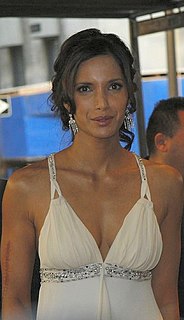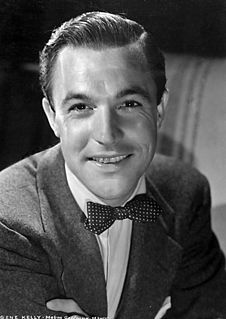A Quote by Marie-Chantal Claire
I'm a third-culture child. It's an interesting concept. Having an American father, a South American mother, born in England, grew up in Hong Kong, went to school in Europe - it makes me a third-culture child, which means you take on the culture of the place where you live. So I'm very adaptable.
Related Quotes
Miami, which has already aired, has this wonderful blend of Caribbean culture and Latin American culture and Southern American culture (talking about fried chicken). All those combine to make for a very very interesting array of ingredients, restaurants, and the chefs that come there. It also has great seafood, not to mention the glorious citrus that's there. And all those things inform what you do - and they should.
You often hear attacks on international adoption as robbing a child of his or her culture, and that's both true and false. It's true that an internationally adopted child loses the rich background of history and religion and culture and language that the child was born into, but the cruel fact is that most children don't have access to the local, beautiful culture within an orphanage.
My father was born in the year 1900 in South Carolina, and he grew up at a time where being an African-American child in the American South was to be deprived of access to anything close to a reasonable education. He only had three years of formal education, but he was self-taught. He read two newspapers a day.
People take pride in being Irish-American and Italian-American. They have a particular culture that infuses the whole culture and makes it richer and more interesting. I think if we can expand that attitude to embrace African-Americans and Latino-Americans and Asian-Americans, then we will be in a position where all our kids can feel comfortable with the worlds they are coming out of, knowing they are part of something larger.





































